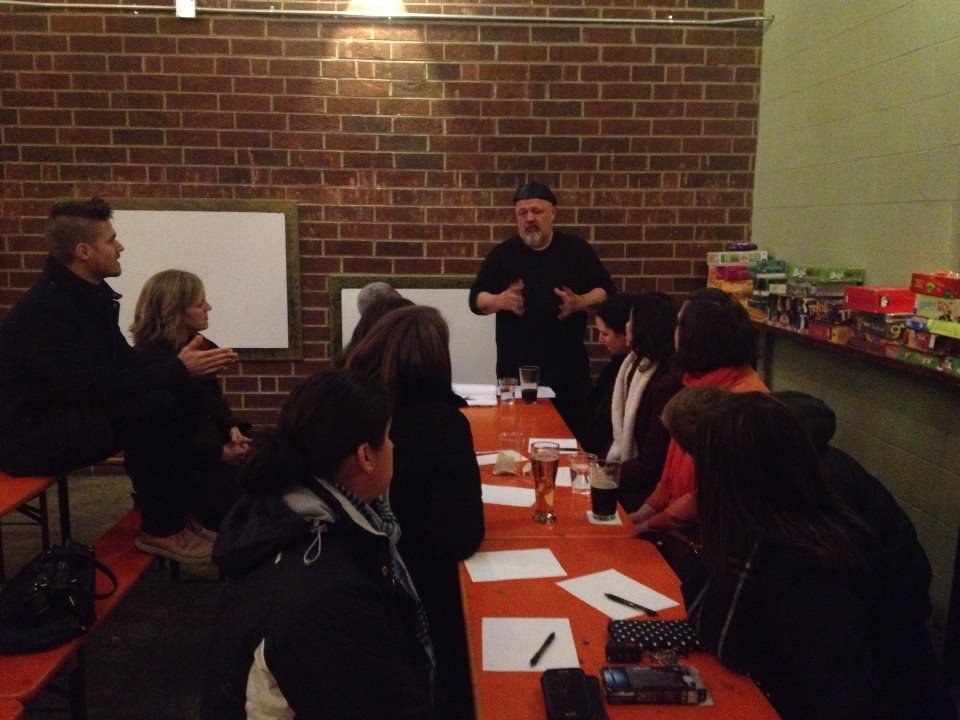I was a history major in college.
I love the stories. And the history department at Baylor had some great story tellers. Robert Reid told of the rise and fall of the Greeks and Romans, Pat Ward appropriately skeptical insight on American foreign policy, and Wallace Daniel knew both Russian folktales as well as the tales of Russian folk. For all of the battles and boundaries, charters and cheaters, what I learned most was the real history of humanity happened around dinner tables and in factories, in churches and union halls; what connects us across the chapters and epochs is our being human.
I’ve been thinking about history today because I’m helping to facilitate an “adult confirmation class” for our church on Tuesday nights during Lent. We have a number of folks in our congregation who have asked for such an offering and I’m always happy to teach. My task tonight was to give an overview of church history. I prepared some timelines and my list of councils and copies of creeds, and the more I went over the material the more I wanted to distinguish between church history and the story of faith because it seemed the history of the church as an institution has had more to do with money and power and less with, well, living like Jesus.
I don’t mean that as cynically as it might sound. Whatever the group or cause, life beyond the first generation means dealing with an institution. No way around it. One of the challenges in that is the institution takes on a life of its own: it demands energy, resources, administration beyond the reason that gave it birth, so we end up spending a good deal of time focused on self-perpetuation for reasons of self-perpetuation. On beyond Jesus, those who had followed him had to begin to figure out how to be the church. Some things they could control, others they could not. I mean, if the emperor decides to convert, you hit the big time without having much say. And, certainly, over the course of Christian history there are any number of things we could have done better, to put it mildly. The Crusades. The Inquisition. You get my drift.
The fifteen of us gathered around the table at Fullsteam Brewery for our class tonight reminded me why both my faith and my church matter to me. Even our small group was not uniform in our theology or perspectives. We got to Pilgrim by different roads, carrying different baggage, even using different language — and yet here were are: together. For me, that’s church. Life. Together. In Jesus’ name. When I read the stories of Jesus, I see him connecting with people and connecting people to one another, whether by introduction or by reminding us we are called to take those around us into the circles of our lives.
One of the folks around the table tonight noticed the Apostles’ Creed used “I” language and the Nicaean Creed used “we.” He wondered if they were making theological statements. I didn’t know. I said I found the difference in language to be the creative tension within which the church must live, between the I and the we, the individual and the community, figuring out life together. As much as I don’t understand about the Trinity, it helps me to see the same creative tension in a God whose very nature is somehow communal, another picture of life together.
When we think of the church as an institution, it becomes something we have to protect. When we understand the story of faith as a pilgrimage together, it becomes a story of love, of how we risk ourselves for one another. As I said last night, Jesus is the risk.
One of my favorite statements of faith comes from the United Church of Canada:
We are not alone,
we live in God’s world.
We believe in God:
who has created and is creating,
who has come in Jesus,
the Word made flesh,
to reconcile and make new,
who works in us and others
by the Spirit.
We trust in God.
We are called to be the Church:
to celebrate God’s presence,
to live with respect in Creation,
to love and serve others,
to seek justice and resist evil,
to proclaim Jesus, crucified and risen,
our judge and our hope.
In life, in death, in life beyond death,
God is with us.
We are not alone.
Thanks be to God.
We are not alone. Good news. Hard news. Hopeful news. We are in this together — every last one of us. That’s the story of faith at its best.
Peace,
Milton
Your use of the phrase “in Jesus name” is in the spirit of a teaching I received from one of my spirituaal mentors. I had always thought of those words as some kind of magic that might ‘make’ God answer the prayer in the way I wished. Leon told me that they really could be interpreted as “as Jesus would have prayed” or “in the spirit of Jesus”. It caused me to be much more serious about a prayer when I thought of myself as trying to give a corporeal voice to Jesus.